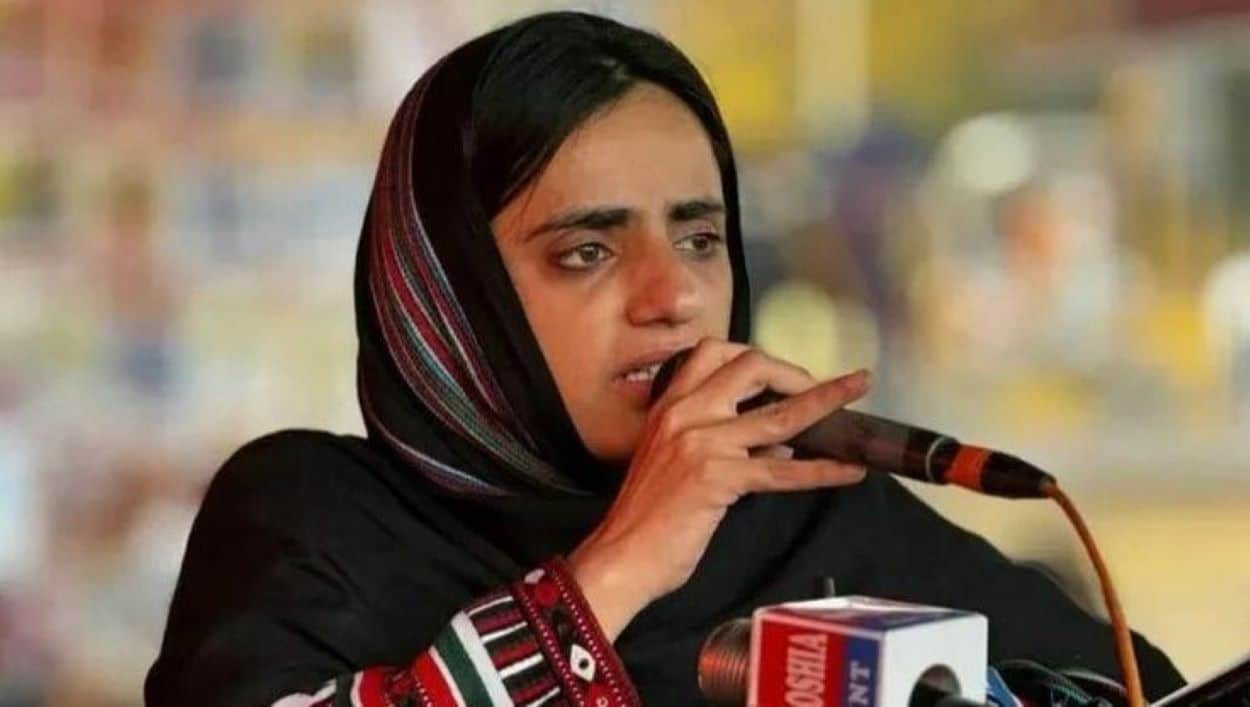Dr. Mahrang Baloch, a human rights activist from Balochistan, has publicly clarified her stance in light of the criticism she received after recent violent incidents in the region.
Addressing the backlash, Dr. Baloch reiterated her firm opposition to all forms of violence through a statement on the social media platform X (formerly Twitter). She emphasized, “As peace activists, we unequivocally condemn violence, and our commitment to non-violence remains unwavering in the face of these events.”
Dr. Baloch and the Baloch Youth Council maintain that the path to resolving issues must be peaceful. She stressed that their approach consistently focuses on non-violence, regardless of ethnic, political, or religious contexts. “Despite facing severe criticism and baseless accusations following the recent incidents, we remain dedicated to our principles of peace and justice,” she added.
She also pointed out the broader issues contributing to unrest in Balochistan, such as systemic failures and a lack of rule of law, which perpetuate injustice and benefit those exploiting the instability. “The real issues in Balochistan include not only the immediate acts of violence but also the enduring state of disorder that serves the interests of the powerful,” Dr. Baloch explained.
Read: 23 Passengers Killed in Balochistan’s Musakhel After Being Forced Off Buses
Balochistan has experienced significant turmoil, marked by terrorist attacks that have resonated across the entire country. Recent attacks have seen militants targeting security forces and civilians alike, with a noted incident involving militants singling out bus passengers for execution based on their identities. An outlawed separatist group claimed responsibility for these violent acts, which led to intense scrutiny of Dr. Baloch’s position in the aftermath.
The issue of violence in Balochistan has also been a point of contention in national politics, recently discussed in Parliament amid sharp exchanges between government and opposition members. Following a tribute to the victims, a request by former National Assembly Speaker Asad Qaiser to address the issue was denied, prompting a walkout by opposition legislators in protest.






